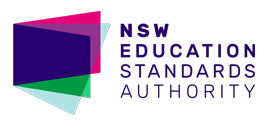
So as a teenager still doing my highschool course, I've been invited to provide feedback on the proposed new computing courses to be offered by the NSW Education Standards Authority (NESA), and in examining their draft proposals, I found that they will be including blockchains as an "innovative technology" as apart of the future course!
You can find the official status of the changes here and you can find the official board-developed draft here.
Current Tech Courses
Currently under the NESA curriculum for computing there is Software Design and Development (SDD) and Information and Process Technology (IPT). And yes, I am undertaking both courses!
The following is a brief outline of these courses.
Software Design and Development
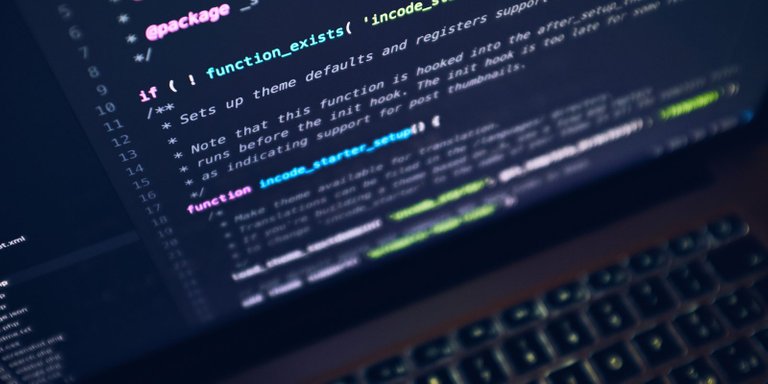
You'd think that this course is fun and you get to make some cool stuff like robots with raspberry Pis and databases with web interfaces but no, absolutely not. This is the most boring software course that you could ever imagine. To sum it up, you get to understand the following by undertaking the course:
- Reading and writing algorithms using pseudocode
- Undertaking project management
- Understanding basic digital and combinational logic
- Understanding programming paradigms
- Design systems and model code using diagrams and planning tools
Now don't get me wrong, this stuff is actually useful and I take pride in understanding it for myself. But to put it straight to students, this course can be completed without writing a single line of code, but schools usually create practical assessments to make it at least somewhat practical and meaningful.
Information and Process Technology
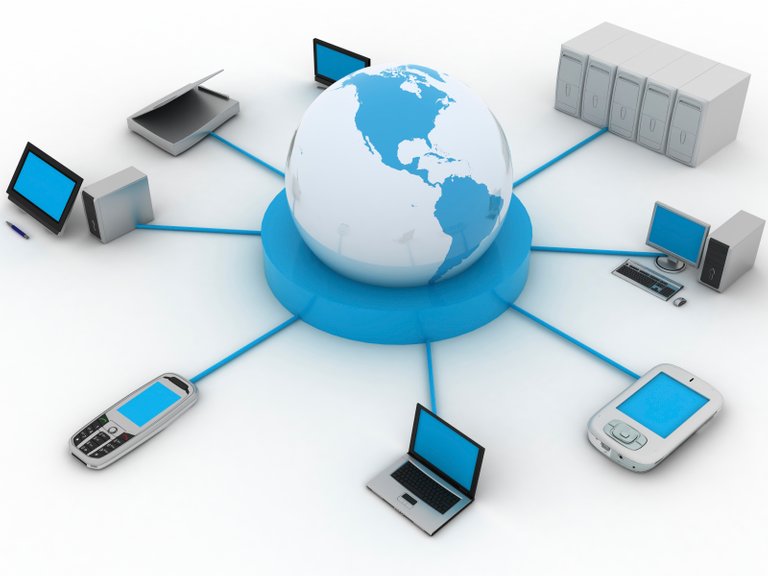
IPT is the study of systems both in hardware and software and how they interact with their environment. This course defines information systems as the "combination of hardware and software that undertakes information processes to achieve a particular purpose" and we learn how they are made, how they work, how they are applied to real-life problems and what issues they present to society.
Sounds pretty bland but the course is actually quite content-rich, considering a vast range of subjects from project management, databases, telecommunications, decision support, multimedia and automated manufacturing systems. Heck, the textbook is even 700 pages long!
Issues with the Courses
The reason for the overhaul in content and the way it is taught is because of the following problems which have been encountered by both students and teachers.
Outdated Content

Much of the content, concepts and assessments for both courses is outdated. In IPT we still learn about floppy disks, tape drives and not to mention the textbook author was astounded that we've reached a massive 100GB in hard drive capacity! There is no problem with learning about old technologies, but when there is a deep fixation on them, it becomes a problem and saps time from learning about what is actually affecting society and technology now.
Another point is that we use really outdated software. My IPT projects are based on Microsoft Access (the most awful and error-prone database management system known to man) and my SDD projects would be based in Visual Basic if it weren't for my extensive knowledge in Python and JavaScript.
Unrelated to Tertiary Study

It has come to the attention of universities offering undergraduate (first year) courses in IT fields that the majority of applicants have a very shaky understanding of preliminary content, making it very difficult for uni lecturers in addition to lowering the overall success of students in these fields.
These new changes should refresh the syllabuses for both subjects so that year 12 students are fully prepared for the content that universities offer.
Conflicts and Similarities in content

I've had this problem myself, there are many concepts in both subjects with the exact same name but different definitions or ideas, or even duplicates of the content in both courses. This is inherently redundant and extremely confusing for those who want to excel in IT-related fields.
The Proposed Solutions (+ Blockchains!)

Now It's not all about blockchains but it did really surprise me that they decided to take it on-board as an "innovation in technology". It just goes to show that not just crypto, but the technology that it brought is here to stay with us for a very long time.
Speaking of crypto, you will also see that the final topics also include content on computer security FINALLY! which is fantastic considering that every single exam question that I've received assumes every information system exchanges and stores passwords in plaintext (which is not a secure practice).
There are two proposals for changes, each including blockchains:
Option 1 (Computing Technology)
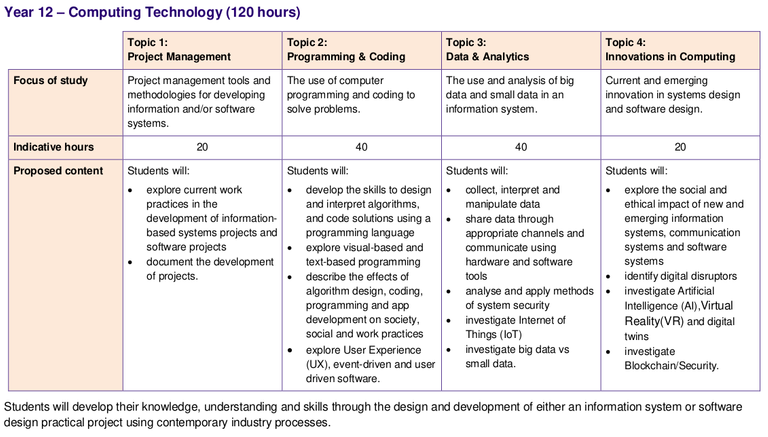
Option 1 is something we've never seen before, the merging of two subjects into one. In this combined course students will encounter in-depth an understanding of both hardware and software and how it is combined to bring-about a complete information system.
This option is also complemented with an extension course which builds upon more advanced concepts such as AI, cryptography and mixed reality.
This is a huge amount of content so I worry for other students, but to me, I just wanna' dig right in!
Option 2 (Systems Technology and Software Technology)
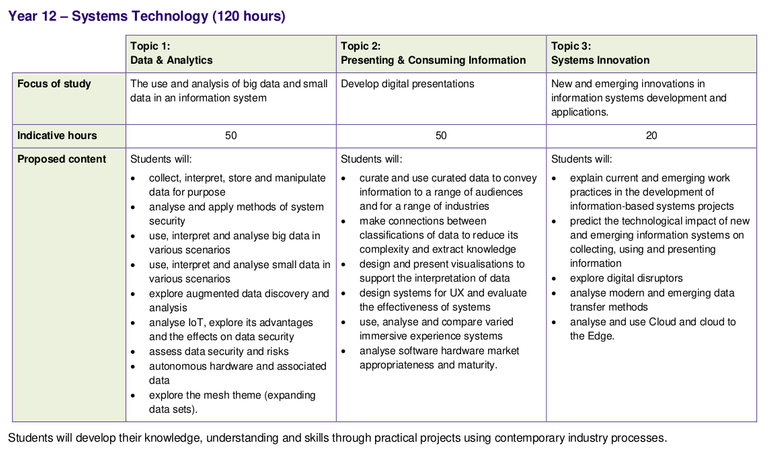
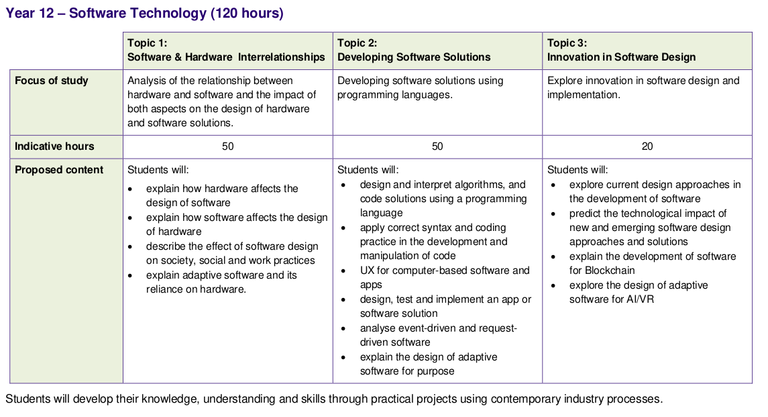
In option 2 however, we find that we have this clear divide of hardware and software, and by keeping the two courses in these revised syllabuses, we find that the content no longer intersects or conflicts.
This lowers the work content but requires students to undertake a total of four units of work (rather than two units for option 1) if they want to truly excel at technological fields.
Blockchains as apart of the Course
As I said, we are not very sure as to how in-depth the blockchain component of the course is, but in my experience and from the information provided, it will be treated as a current and emerging technology so it deserves at least a good two pages in the textbook.
Nonetheless it appears that the world is finally waking up to realise that the technologies of cryptocurrencies are actually useful to our future, and I think this is essential to survivability in our increasingly technological lives.
My Verdict
I see a little bit of a problem both here and in the future of technology courses as we are shifting into a social paradigm where the inner-workings of a computer system is not needed to be known to the user and hence kids are not growing up with the knowledge of how basic technology works, only how to use it. Hence in attempting to teach technology, the sheer complexity and volume of content turns people away due to difficulty.
I think there needs to be more thought put into a sustainable and scalable long-term structure to compensate for such societal shifts. More people should learn about technology but we shouldn't exclude those who aren't able to keep up conceptually.
Unfortunately I will not be able to undertake this revised course given I am just about to graduate year 12. But after all, technology doesn't discriminate, it is the most open, communal and global structure known to man. So let it be that way...
Upvoted.
DISCLAIMER: Your post is upvoted based on curation algorithm configured to find good articles e.g. stories, arts, photography, health, etc. This is to reward you (authors) for sharing good content using the Steem platform especially newbies.
If you're a dolphin or whales, and wish not to be included in future selection, please let me know so I can exclude your account. And if you find the upvoted post is inappropriate, FLAG if you must. This will help a better selection of post.
Keep steeming good content.
@Yehey
Posted using https://Steeming.com condenser site.
I upvoted your post.
Best regards,
@Council
Posted using https://Steeming.com condenser site.
Congratulations @delta1512! You have completed the following achievement on the Steem blockchain and have been rewarded with new badge(s) :
Click on the badge to view your Board of Honor.
If you no longer want to receive notifications, reply to this comment with the word
STOP